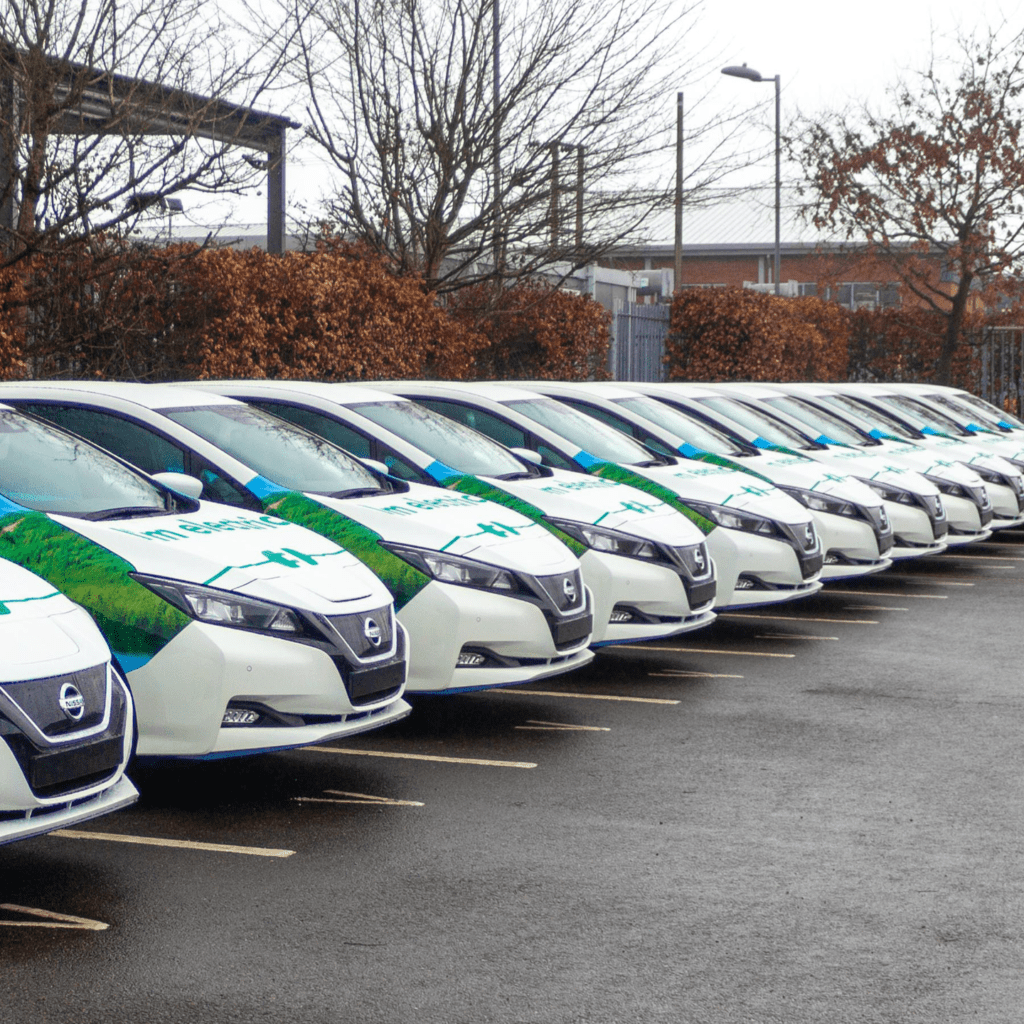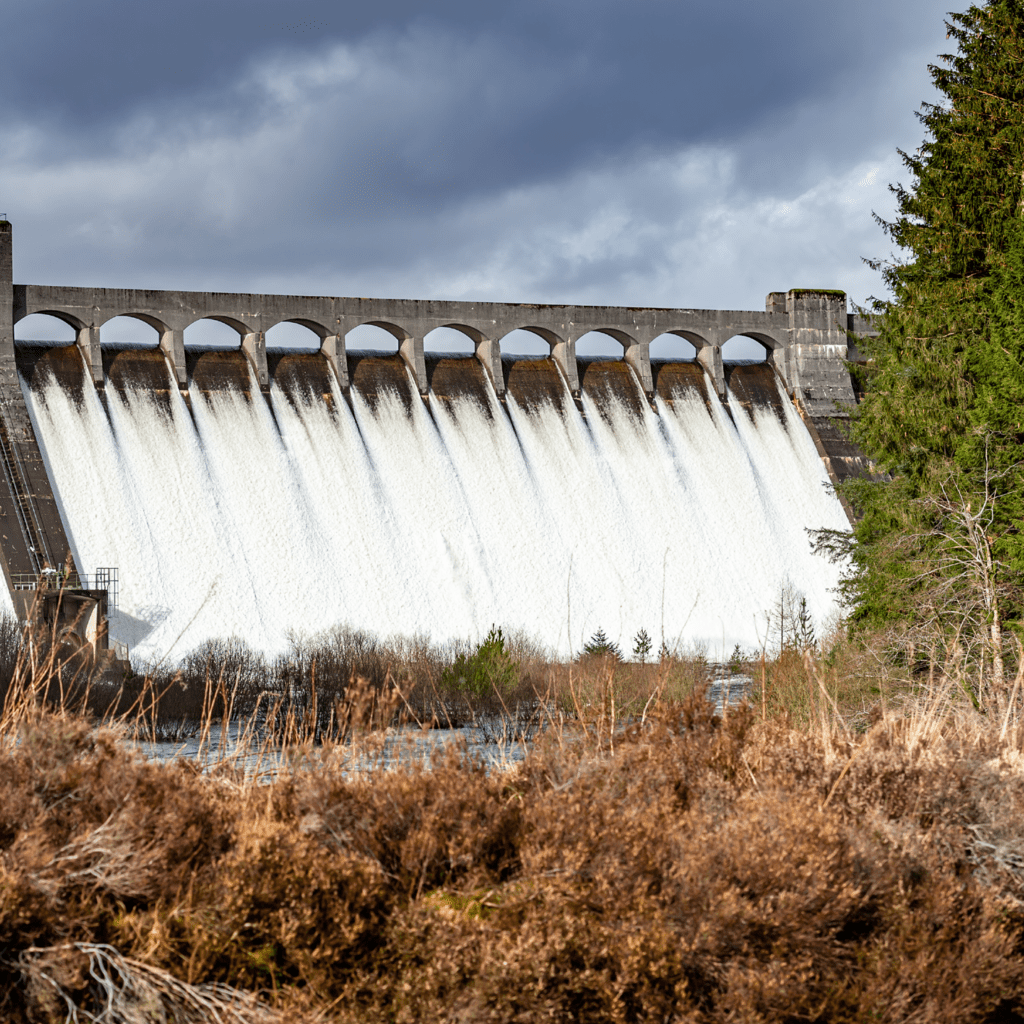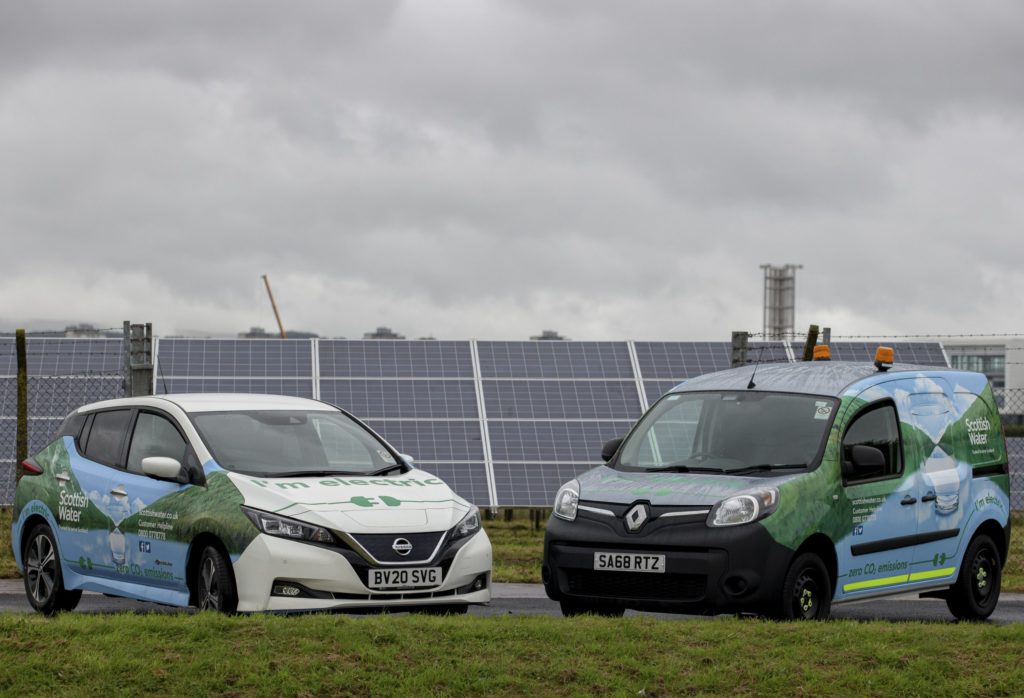
It is the first Scottish Water renewable generation project to include provision of charging points for electric vehicles. As part of its Net Zero Emissions Routemap, launched this week, this will become a feature of future projects as Scottish Water aims to operate a fully emissions-free fleet of vehicles by 2040.
“Harnessing solar energy is just one of the many ways we are helping to tackle climate change and contributing to Scottish Water’s ambitious target to reach net zero carbon emissions by 2040.
The site at Inverness provides a perfect opportunity to install a scheme of this scale, which will have a significant positive impact both on the environmental and financial cost of providing clear, fresh and great-tasting drinking water to around 86,000 customers in the Highland Capital and beyond.
In the years ahead, we will be seeking to develop further, larger renewable energy projects so that self-generated green power can meet all of Scottish Water’s electricity needs. In Scottish Water Horizons we intend to deliver 90 Gigawatt hours (GWh) per annum of new renewable generation by 2030 to help Scottish Water on its journey to meeting its net zero carbon goal.”
Project Manager Ian Piggott

The inclusion of electric vehicle charging points is designed to help accelerate the wider roll out of charging infrastructure across Scottish Water sites.
“It’s a great step forward that we can now generate a significant proportion of the electricity we need within the site, using renewable resources. We are really proud that our water treatment works at Loch Ashie is playing its part in helping Scottish Water achieve its net zero carbon ambitions.
Looking to the future, the inclusion of electric vehicle charging facilities will support faster progress with moving our 1600-vehicle fleet of vans and tankers all over Scotland away from fossil fuels towards clean electricity.”
Angus Mackinnon – Scottish Water’s local Water Operations Team Leader
Scottish Water Horizons has already delivered over 45 solar power projects, as well as 20 wind projects, two biomass projects and a heat from waste water project. Scottish Water also hosts significant additional renewable generation capacity on land that it owns across Scotland.







